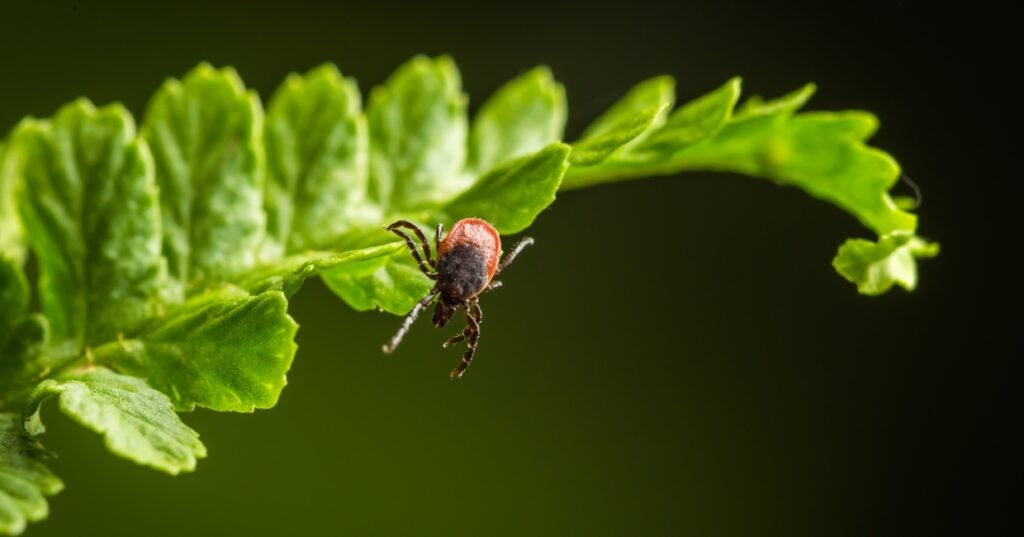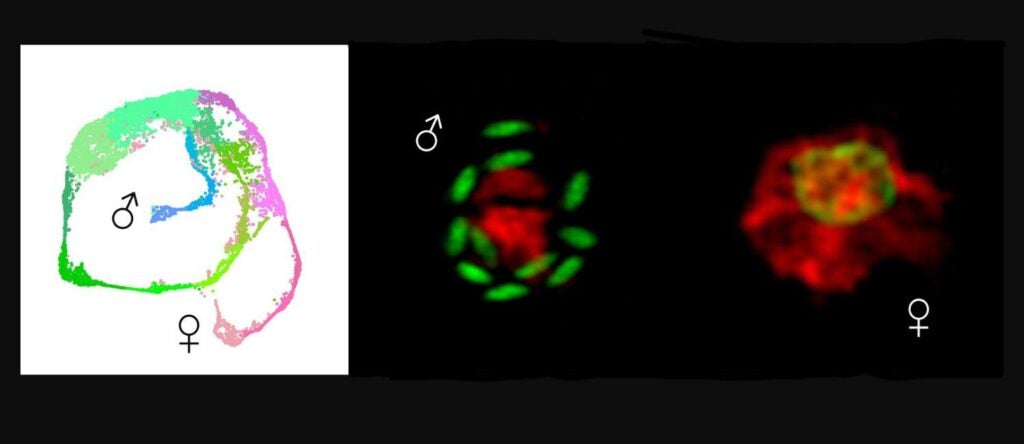
The Center for Host-Microbial Interactions
The Center for Host-Microbial Interactions (CHMI), based at the Institute for Infectious and Zoonotic Diseases at Penn Vet, is a shared resource for high-throughput sequencing and data analysis. Our center focuses on the role of the microbial world in shaping the health of humans, animals, and the environment. We collaborate closely with researchers, veterinarians, and clinicians across Penn and beyond.
Our Services
CHMI partners with researchers to provide expert training and technical support for the production and interpretation of complex genomic data.
- Free Consultations and study design
- Bulk RNA-seq of tissues, cultures, or sorted cells
- 10x single-cell RNA-seq, CITE-seq, multiome, and more!
- Untargeted ‘shotgun’ metagenomics for microbiome profiling or pathogen discovery
- Custom protocols (DNA & RNA, short- & long-read)
- New Bioinformatics support:
- Bulk and single-cell RNA-seq
- Shotgun metagenomics
- Genome assembly & annotation
- 3D protein structures with AlphaFold3
- Custom analysis
Getting Started
- To begin a service or sequencing project, or to request a quote, please contact Dan Cutillo.
- Provide CHMI with access to your payment fund in CAMS. Refer to the instructions in the CAMS How-To Guide. If you have any questions, please contact your business administrator.
- Submit or edit a service request in Request Manager using the appropriate billing fund and the provided quote.
- Complete our sample metadata template and email it to Dan Cutillo.
- Arrange a time to drop off your samples with Dan Cutillo. We are located in Hill Pavilion, Room 332.

Technical Director
Dan Beiting, PhD
Associate Professor of Pathobiology

Lab manager
Dan Cutillo
Contact Us
University of Pennsylvania
School of Veterinary Medicine
3800 Spruce Street
Philadelphia, PA 19104-4539
Related News
The core lab is essential for researchers, providing invaluable support that enhances the quality and impact of their work.

A Pennsylvania study of deer and ticks at the University of Pennsylvania School of Veterinary Medicine could shape public health and safety across the Commonwealth
Researchers at the University of Pennsylvania’s School of Veterinary Medicine (Penn Vet), in collaboration with the Pennsylvania Game Commission, are studying the complex interactions between ticks, pathogens, hosts, and their…

How deadly parasites choose to be male (link is external)
Penn Vet researchers reveal the gene expression across the life cycle of Cryptosporidium and identify the determinant of maleness.

Uncovering the role of skin microbiome and immune response in cutaneous leishmaniasis (link is external)
Two new studies led by Phillip Scott of the School of Veterinary Medicine and Elizabeth Grice of the Perelman School of Medicine demonstrate how bacteria found in leishmaniasis skin lesions…
